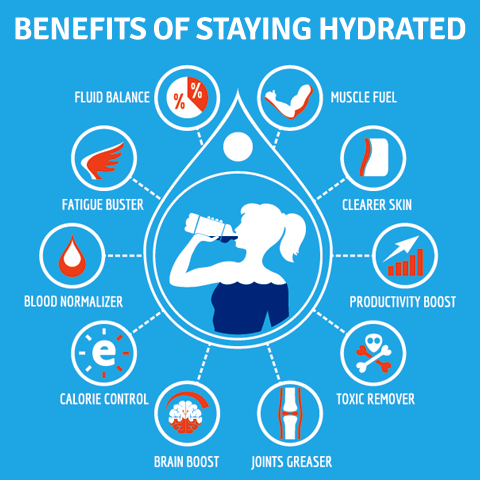The Mediterranean Diet: A Delicious Path to Health
The Mediterranean diet is not just a healthy eating plan; it’s a way of life that promotes overall wellness. Centered around the traditional eating habits of countries bordering the Mediterranean Sea, this diet has gained significant popularity and is often recommended by nutritionists and health experts due to its numerous health benefits. In this article, we will explore the components of the Mediterranean diet and how it can lead to a healthier and more fulfilling life.
The Basics of the Mediterranean Diet
The Mediterranean diet primarily emphasizes consuming plant-based foods such as fruits, vegetables, whole grains, legumes, and nuts. These foods provide a rich source of vitamins, minerals, antioxidants, and fiber which are vital for the body’s proper functioning.
Healthy Fats and Olive Oil
Unlike many other diets, the Mediterranean diet encourages the consumption of healthy fats, such as those found in olive oil, fish, and avocados. These fats are known to lower the risk of heart disease and promote better brain health.
Abundance of Fresh Fruits and Vegetables
Fruits and vegetables are the pillars of the Mediterranean diet. They are packed with essential nutrients, vitamins, and minerals that improve overall health and help prevent chronic diseases. Including a variety of colorful produce in your meals will not only add flavor but will also boost your immune system and keep you feeling energized.
Emphasis on Whole Grains and Legumes
Whole grains, such as whole wheat, brown rice, and oats, are essential in the Mediterranean diet as they provide a good source of carbohydrates, dietary fiber, and important nutrients. Legumes, including beans, chickpeas, and lentils, are also abundant in this diet, offering a high-protein alternative to meat while reducing saturated fat intake.
Lean Proteins and Fish
While meat consumption is not excluded from the Mediterranean diet, it is recommended to consume lean proteins in moderation. Fish, especially fatty fish like salmon, mackerel, and sardines, are a key component due to their high content of omega-3 fatty acids, which contribute to heart health and reduce inflammation.
Reduced Consumption of Processed Foods
The Mediterranean diet discourages the consumption of processed foods, which are often high in unhealthy fats, refined sugars, and preservatives. Instead, the focus is on whole, unprocessed foods that retain their natural nutrients and offer true nourishment to the body.
Social and Physical Activity
The Mediterranean diet is not just about the food you eat but also about your overall lifestyle. Regular physical activity, be it through exercise routines or daily walks, is encouraged along with social interactions and enjoying meals with family and friends. This balanced approach to wellness promotes both mental and physical health.
Conclusion
The Mediterranean diet is a delicious journey towards optimal health and longevity. By incorporating the principles of the Mediterranean diet into your lifestyle, you can enjoy a wide array of flavorful and nutritious foods while reaping the countless benefits it offers. This way of eating not only nourishes your body but also brings people together, making it a sustainable and enjoyable path towards a healthier life.


